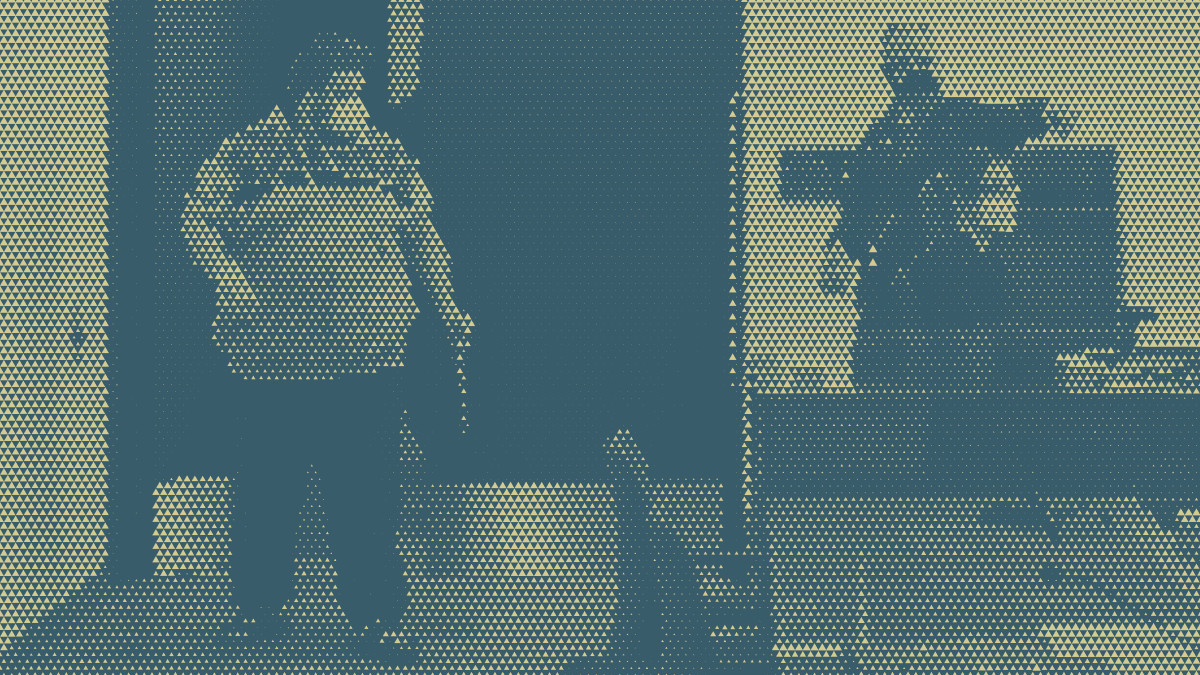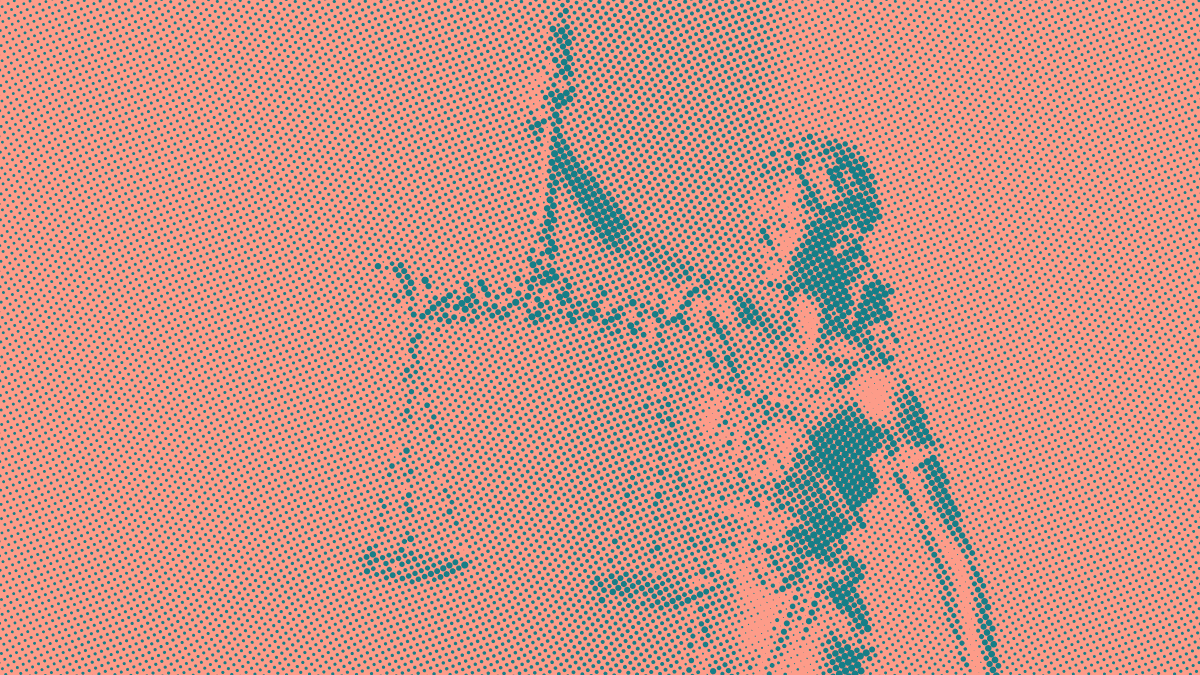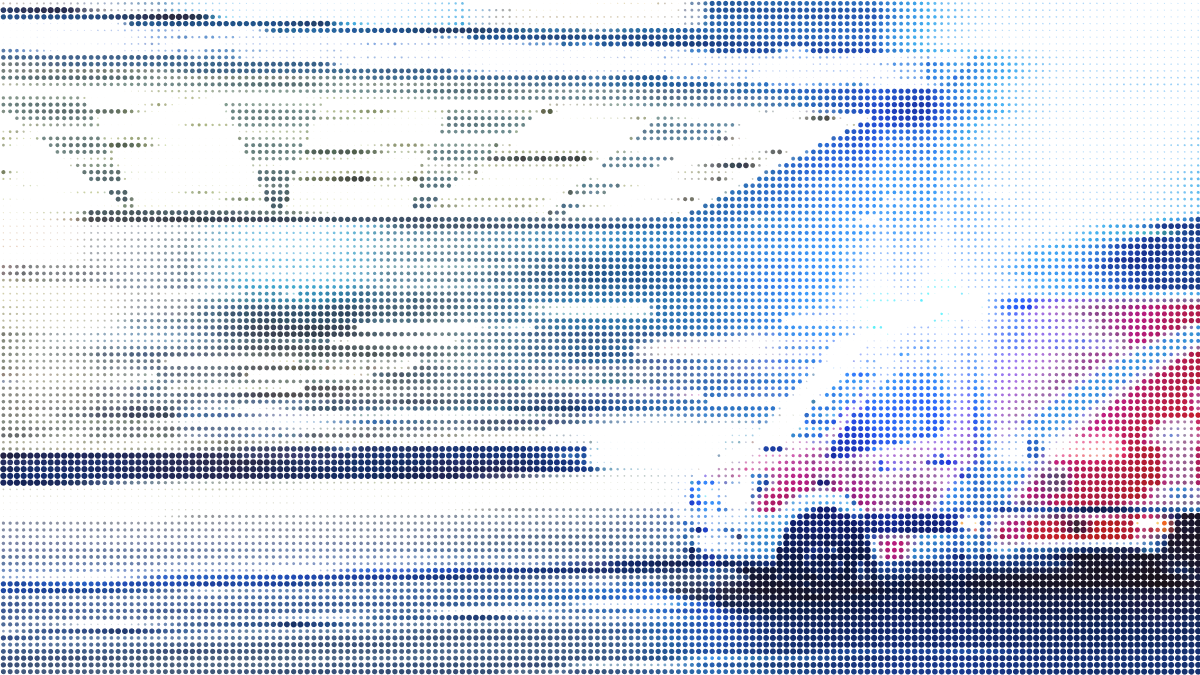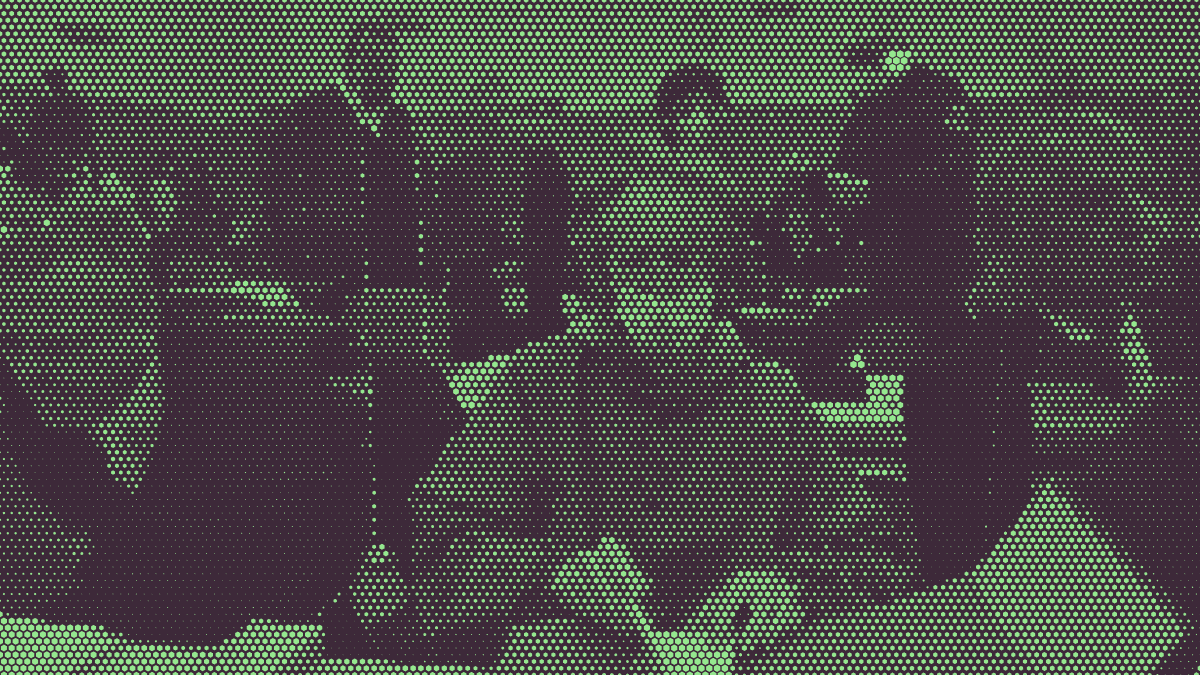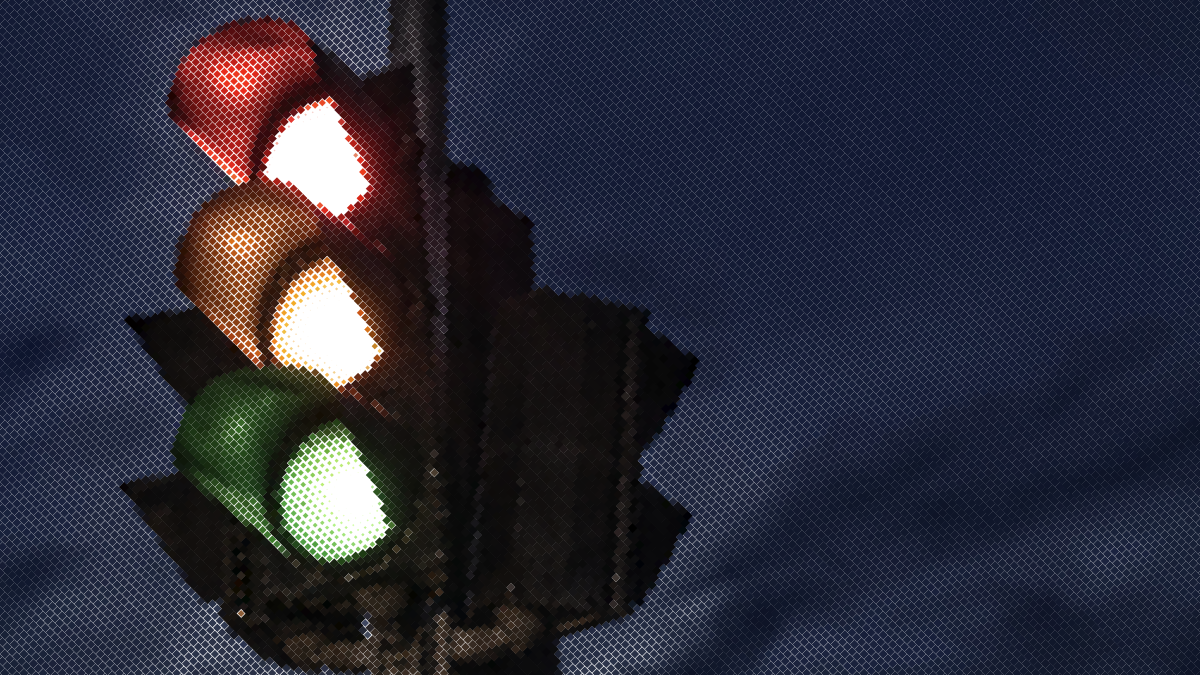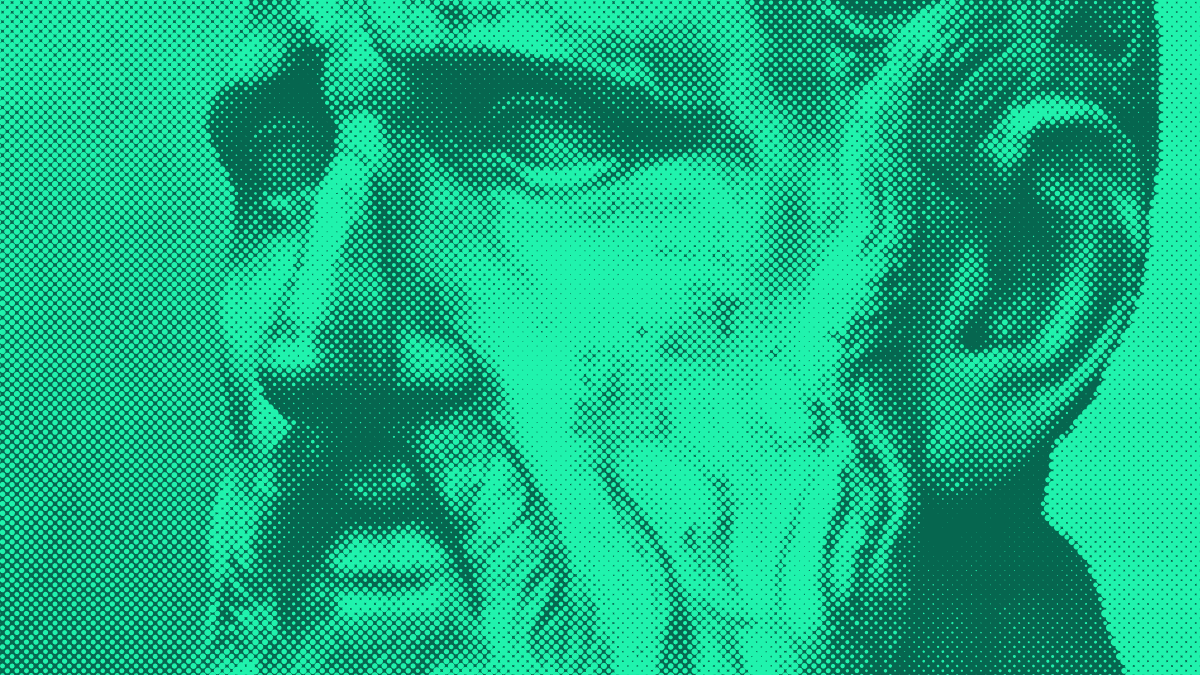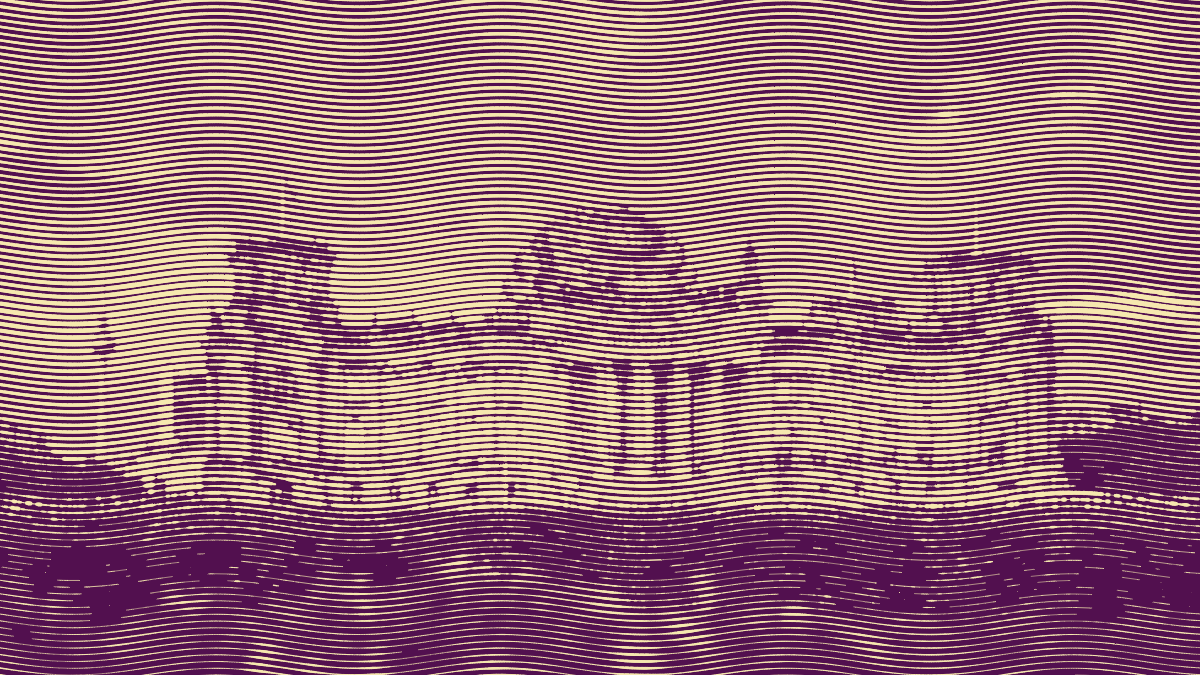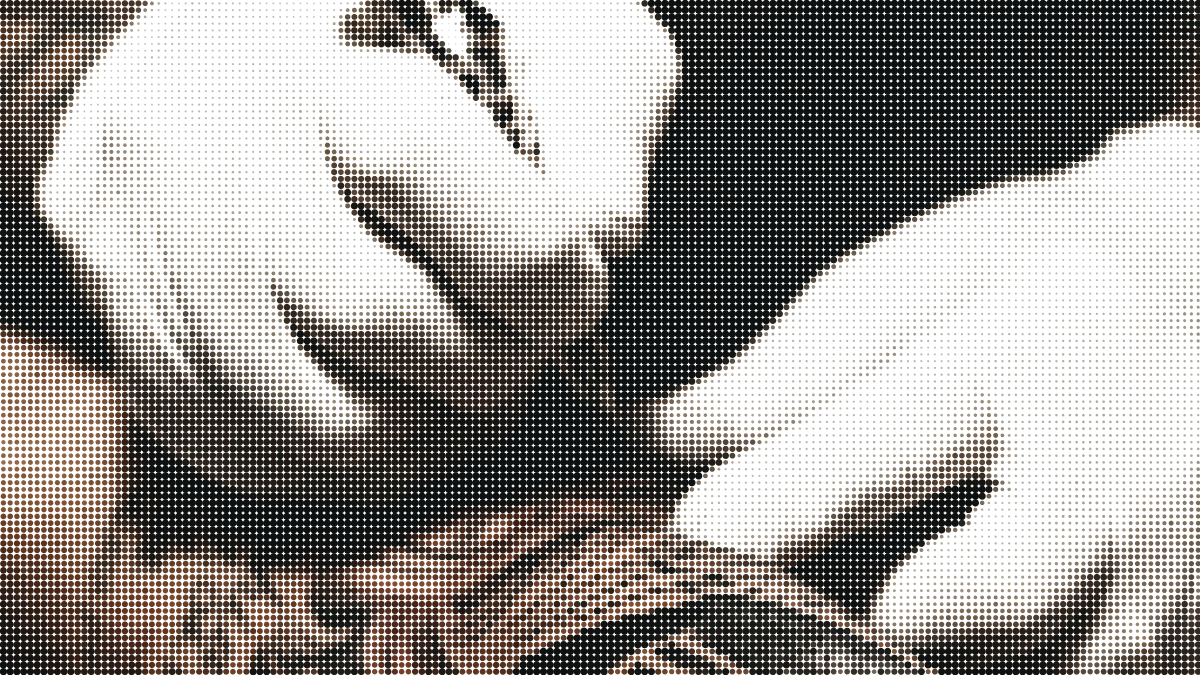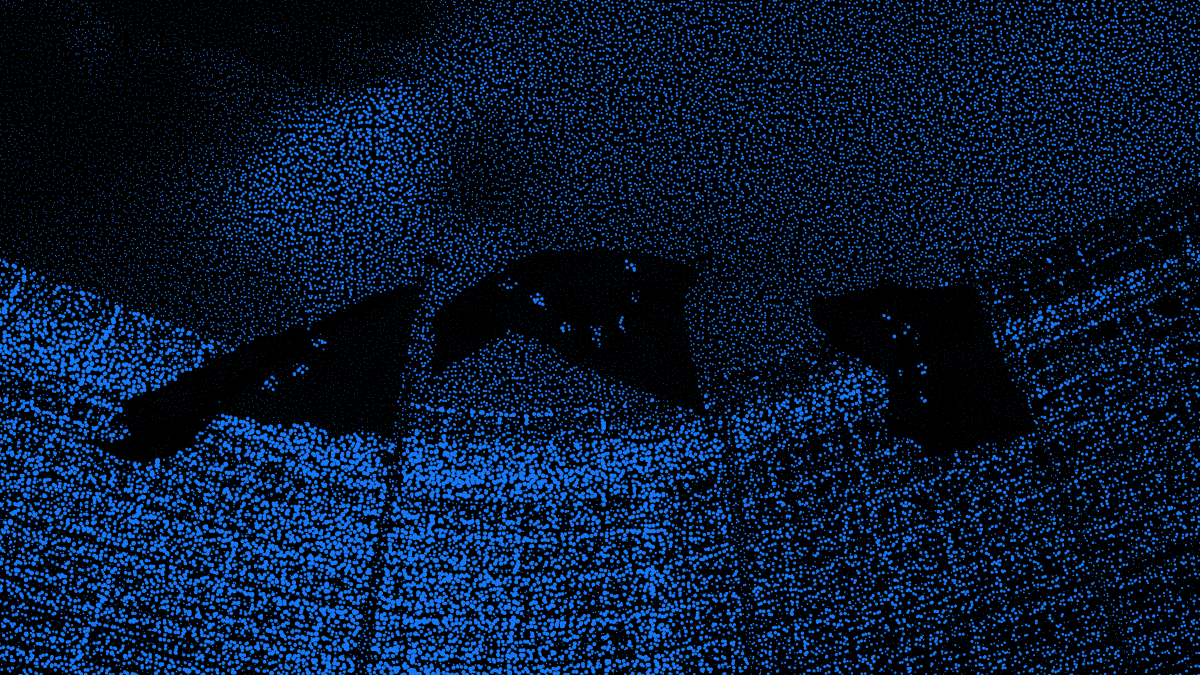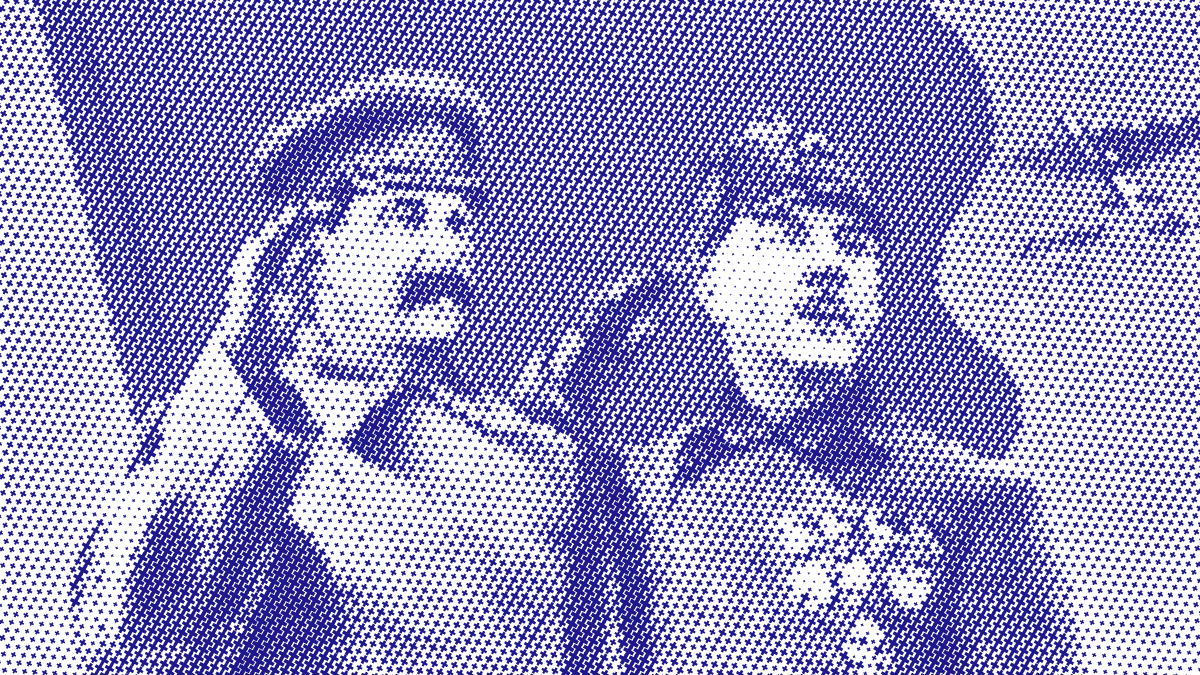In Germany, telling someone on the internet that you will hurt and injure them if they visit you at home is apparently a valid defence for actually hitting them now.
The law is not the same as justice. There can be unjust laws and illegal actions can beget justice. So why is it that many people can't tell the difference between these two concepts? And how can we reconcile them in our society?
When who to save in case of a medical emergency becomes a moral, or even worse, a legal decision instead of a medical one, we all lose. This will soon be the reality in Germany, though, as the Constitutional Court has just passed a very unfortunate ruling in this regard.
The people who ran the so-called bulletproof Cyberbunker in Germany have been sentenced to hefty jail times. But what does the verdict mean for other hosting companies and telecommunications providers in the country? Will they be liable for criminal activity of their clients from now on?
Looking at the plans for the new German government, made up out of the Social Democrats, Greens and Liberals, there are some interesting free speech and privacy implications for the future. Not only of Germany, but probably also for much of Europe.
The German Constitutional Court has decided that the strictest pandemic measures were within the remit of the law. The government is already talking about force-vaccinating everyone. I feel stoicism is the only recourse left for freedom-loving citizens of this country now.
In Germany, the pandemic emergency has now been declared over by a new law. But instead, the government can now just use all the measures, and more, whenever they want. Not even the parliament needs to approve.
Looking at the EU's ban of two tattoo pigments as a good example for the silly and anti-scientific legislation the lawmakers in Brussels sometimes fall prey to. The EU desperately needs to fix idiotic behaviour like this if it doesn't want anti-EU voices to sway the public against the European Project as a whole.
The EU copyright reform is now in effect in all member countries and with it comes the horrible idea of upload filters. Let's discuss why this is bad for journalism, already very much on its last legs, and free speech in general.
If we start to outlaw fake news, wo will decide what is fake and what is the truth? Do we trust the state? Should journalists do it? And what are we actually afraid of here?
